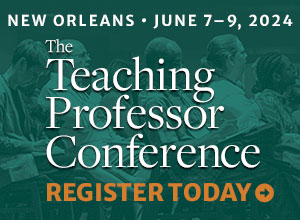College professors have long bemoaned the fact that they view the product or outcome of higher education differently from their students. Ask a professor what the goal of a college education is, and the answer you’re likely to hear is wisdom, knowledge, insight, understanding, or some variant of these. Ask the same question of a student (or that student’s parents), and you’re likely to hear an answer like a diploma, a job, or lots of money. That difference in perspective is certainly not new and, although some generations of college students are more idealistic or socially engaged than others, it’s certainly not surprising that American families tend to make college decisions in terms of return on investment; that’s how they make most of their other decisions, too, at least when the question involves how they should spend their money.





